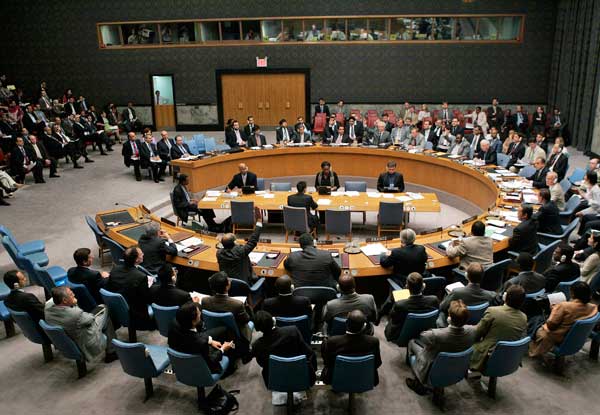It was 9 in the evening and Walk Darwin co-founder Nerida Hart was reworking the company’s guide instructions. She had received a text from a woman booked on the next day’s walking tour, letting her know her friend was deaf.
‘I literally pulled our guide instructions apart, whittled it down and put it together with an opening statement,’ Hart says.
It was a simple modification, but it made a world of difference to Walk Darwin’s hearing-impaired customer. ‘The guide said they’d get to a place and she’d point to the page asking if that’s what it was. It was helpful not only for her experience, but also for her travelling companion. It took some of the pressure off her so she could enjoy the tour without constantly translating.’
Small changes can make major impacts
The experience highlighted for Hart the impact that minor adjustments could have for people with disability.
During 2022, the Accessible Tourism Mentoring Pilot Project helped tourism operators explore practical ways to improve inclusiveness. The pilot project delivered by Austrade received joint Commonwealth, state and territory funding.
Walk Darwin is one of the project’s Accessibility Champions.
‘Being a microbusiness, there was this concern that we were going to have to make major changes,’ Hart says. ‘After doing the program, we realised we can start small. We can think about how to impact somebody’s experience and make it better.’
Founded by John and Nerida Hart in 2014, Walk Darwin provides guided walking tours of Darwin.
‘Darwin is a very walkable city,’ Hart says. ‘We know there are a lot of people in wheelchairs who travel up this way.
‘Being walking tours, we are restricted by our environment and it’s an environment we can’t control. It was a comfort to hear, when it comes to accessibility, to think broadly. You don’t have to cater for everybody.’
Making information more accessible
The next step for Walk Darwin will be ensuring its website is more accessible.
‘We want to really focus on improving the customer journey through the website for somebody who has a disability,’ Hart says.
‘Clair (from the pilot’s delivery partner Push Adventures) provided us with some feedback on the website. She had some ideas on how to make our tour descriptions much easier for somebody with a disability to interpret what is included, or how challenging it may be for them.’
Learn more
Supporting visitors with disability can give your business access to a growing market. Total domestic spend for accessible tourism groups was $13.5 billion in 2021 (Source: Tourism Research Australia).
Improving the accessibility of tourism destinations and experiences is a priority of THRIVE 2030, the national long-term strategy for the visitor economy.
The Australian Tourism Export Council (ATEC) is offering an . This is a diversity-focused business development program with practical learning resources. It will help you upskill and prepare your business to successfully welcome guests from all life stages, backgrounds and abilities.







